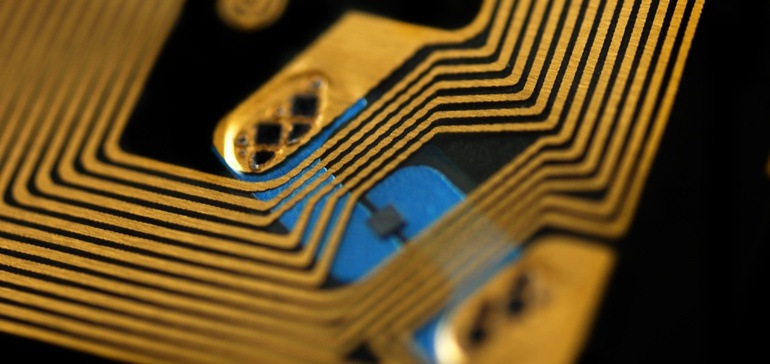Delta’s foray into RFID for logistics began in 2012 — and has yet to lose steam.

Passengers flying with Delta Air Lines no longer have to play “I spy” with their luggage while on the plane: In addition to text alerts when their flight time or gate changes, RFID tags let them know when luggage boards the plane.
Misdirected luggage has been a longstanding issue for passenger airlines, but for two years now, Delta has deployed radio frequency identification (RFID) technology with passengers’ bags. Behind the scenes, though, Delta’s foray into RFID began with its logistics operations, and has yet to lose steam.
“What used to take a human being hours for end-to-end checks is now done in what we like to say is the same amount of time you can hold your breath: 60 to 90 seconds,” for a 777 check, Ken Lorow, lead program manager in technical operations for Delta Air Lines told Supply Chain Dive.
The emergency check RFID system is used in more than 90% of locations where Delta aircraft fly. The airline has more than 300,000 RFID tags on board 867 aircraft. Around 840 safety items expire per month, identified when using RFID.
“They can literally walk through the cabin of an airplane and in one minute, know that they’re missing a life vest from seat 21D. People actually steal these things from planes,” said Bill Hardgrave, provost at Auburn University and founder of the RFID Research Center. “Or it might say the oxygen mask on seat 14C needs to be swapped out.”
Source: Wheels Up: How Delta uses RFID to ensure a smooth supply chain | Supply Chain Dive
